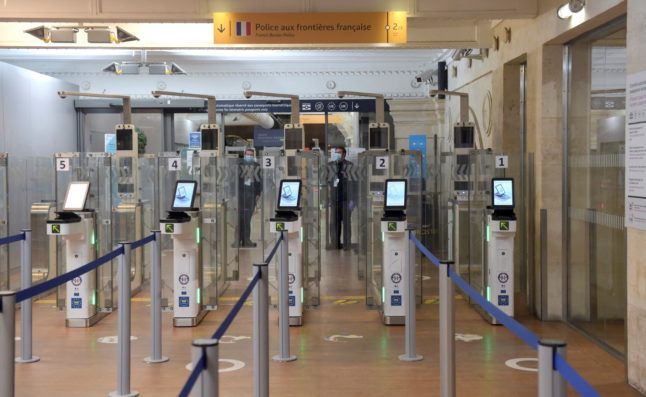If you live in particular areas of southwest France, and we know there are a fair few English speakers in that neck of the woods, there’s something you need to know, because households in the area face an extra property tax in 2023, in order to fund the new high-speed rail line.
Here are the details of the new tax and who will be affected by it.
Homeowners in south west France to pay extra property taxes to fund new rail line
Speaking of taxes… Are you planning to build an extension or get a swimming pool installed in your French home? If you are, you’re likely looking at rising costs for materials and labour due to inflation – and taxes.
In France there is a one-off tax that has to be paid on certain building works, and the government has just raised the rate. We explain here.
Property taxes: How much will it cost to extend your French home?
If you open a French bank account, you may also be offered a Livret A saving’s account – here’s what that means and why it might be a good time to open one, with interest rates expected to rise in February.
What is a Livret A and should foreigners living in France open one?
Changing the subject a bit, there has been a significant decline in support for leaving the European Union within all member states following the United Kingdom’s Brexit vote, according to a new survey by the European Social Survey.
Public support in Europe for leaving EU collapses since Brexit, new survey shows
You may have heard that France is braced for a spot of “social unrest” in early 2023 as president Emmanuel Macron vows to push ahead with highly unpopular pension reforms – but just how good do the French have it when it comes to pensions?
How does France’s pension age of 62 compare to the rest of Europe?
With the stated goal of “zero hunting accidents,” France’s junior environment minister, Bérangère Couillard, has unveiled 14 measures the country plans to take in order to make hunting safer for the more-than one million people who take part in hunts every year in France – and the rest of us.
Alcohol limits, training days and an app: How France plans to make hunting safer



 Please whitelist us to continue reading.
Please whitelist us to continue reading.
Member comments